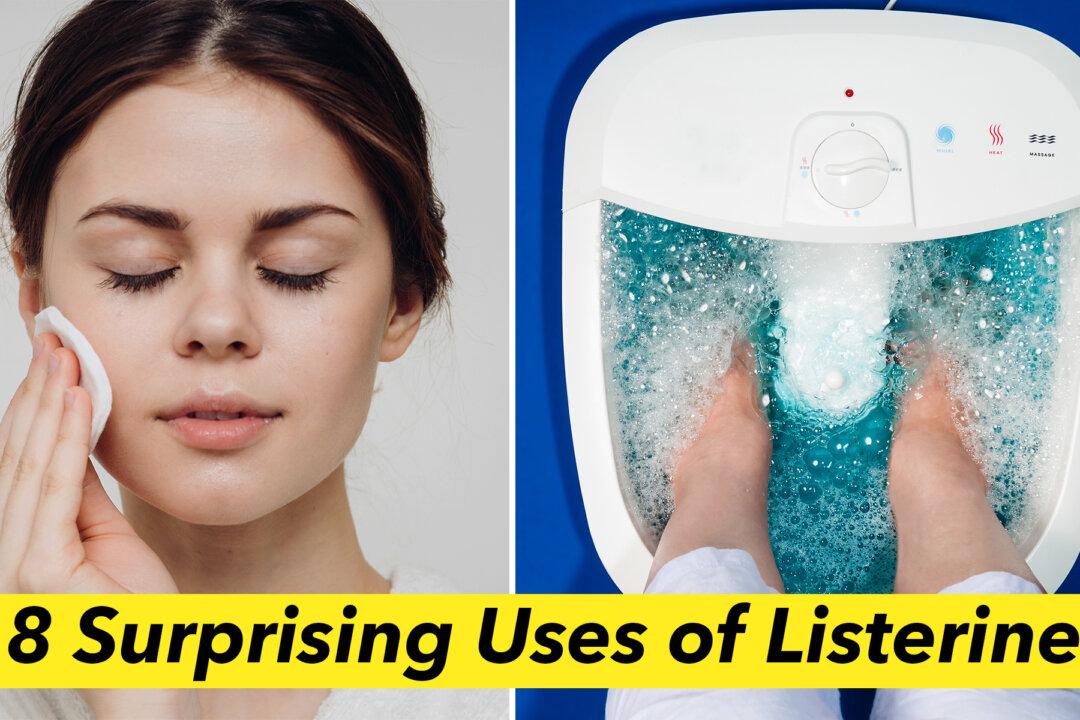We’ve all used Listerine at different times during the day to make our breath smell more pleasant. But what else can it do? As home remedies become more popular by the day, many are sharing surprising uses of Listerine. Consisting of helpful essential oils like menthol, thymol, methyl salicylate, and eucalyptol, as well as alcohol, Listerine provides alternative uses ranging anywhere from the application on the body to functioning as a detergent or flea repellent.

Illustration - Shutterstock | Firdaus Khaled





